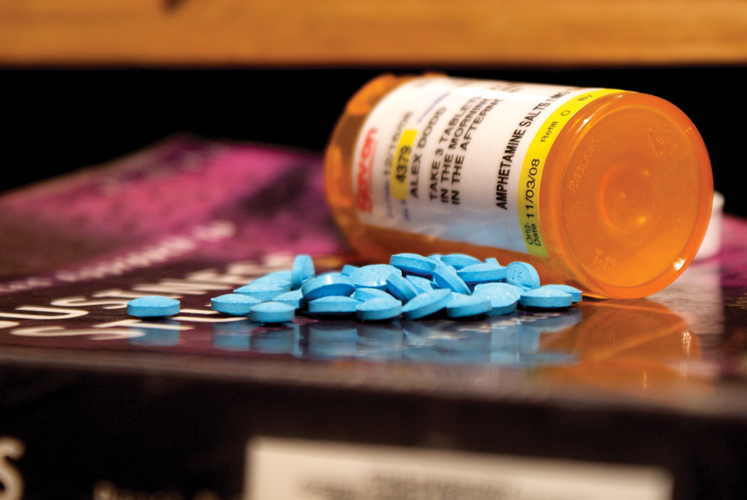
KEITH MCLAUGHLIN
Meliorist (University of Lethbridge)
LETHBRIDGE, Alta. (CUP) — Since the emergence of antidepressant drugs in the early 1980s, more and more cases of depression are being reported. According to Dr. Brad Hagen, a clinical psychologist and faculty member at the University of Lethbridge, the reason for the skyrocketing rates of depression are a matter of heated debate.
“Depending on how you look at it, depression either started becoming more common or recognized, or it became marketed,” said Hagen.
In the 1950s, reported cases of depression were practically unheard of, but now the World Health Organization warns it could become the second leading cause of disability in the world by 2020.
Most persons with depression are treated with antidepressants, even though counselling — which can be significantly more expensive and time-consuming — has demonstrated similar efficacy in offsetting feelings of depression. In the U.S., 87 per cent of physician visits for depression result in antidepressants being prescribed.
In 2007, sales of antidepressants topped $11.9 billion in the U.S.
Some in the medical community wonder if the spike in diagnosed depression cases over the last 20 years is exaggerated.
“Some question whether it’s an overinflated number because essentially there are people that benefit from so many people being diagnosed,” said Hagen.
Sales of antidepressant drugs worldwide are worth tens of billions of dollars each year. Dr. Hagen says the number of sales is actually quite “mindboggling.”
“It’s hard to find any other product like Goodyear Tires, Nike shoes, Coke or Pepsi or anything that rivals the dollar values of antidepressants sold per year,” he said.
Hagen says drug companies not only market their antidepressant drugs, but also market the condition itself, and young women are their primary targets. In the U.S., direct consumer advertising of prescription drugs is legal. Often ads portray a pretty, confident woman who appears constantly happy and emotionally complete.
The latent message in these kinds of ads seems to be that if you are not like the woman presented, you may be depressed, and that you could be like that woman — if you start taking an antidepressant.
“They’re essentially selling the possibility of happiness,” said Hagen, “and it’s very compelling if you’re in the depths of despair.”
Between 2002 and 2003, 20 per cent of women in British Columbia were taking one or more forms of antidepressant drugs. While little research has been done to ascertain whether persons can become physically dependent on the drugs, studies have shown that patients are taking the drugs for prolonged periods of time and that they can become psychologically dependant, because many fear that if they stop taking the drugs they will become unhappy again.
The fact that patients are taking antidepressant drugs, often for years, bodes well for the bottom lines of drug companies.
Hagen said, “The truth probably lies somewhere in the middle.”
Drug companies are marketing their antidepressants and the condition of depression in an effort to increase sales and enlarge profit margins, but that does not necessarily mean the rise of antidepressants is a nefarious plot of pharmaceutical companies to make money. Hagen says in many cases antidepressants are effective in mitigating feelings of depression, especially in cases where counselling fails to work.
– –
Alex Dodd